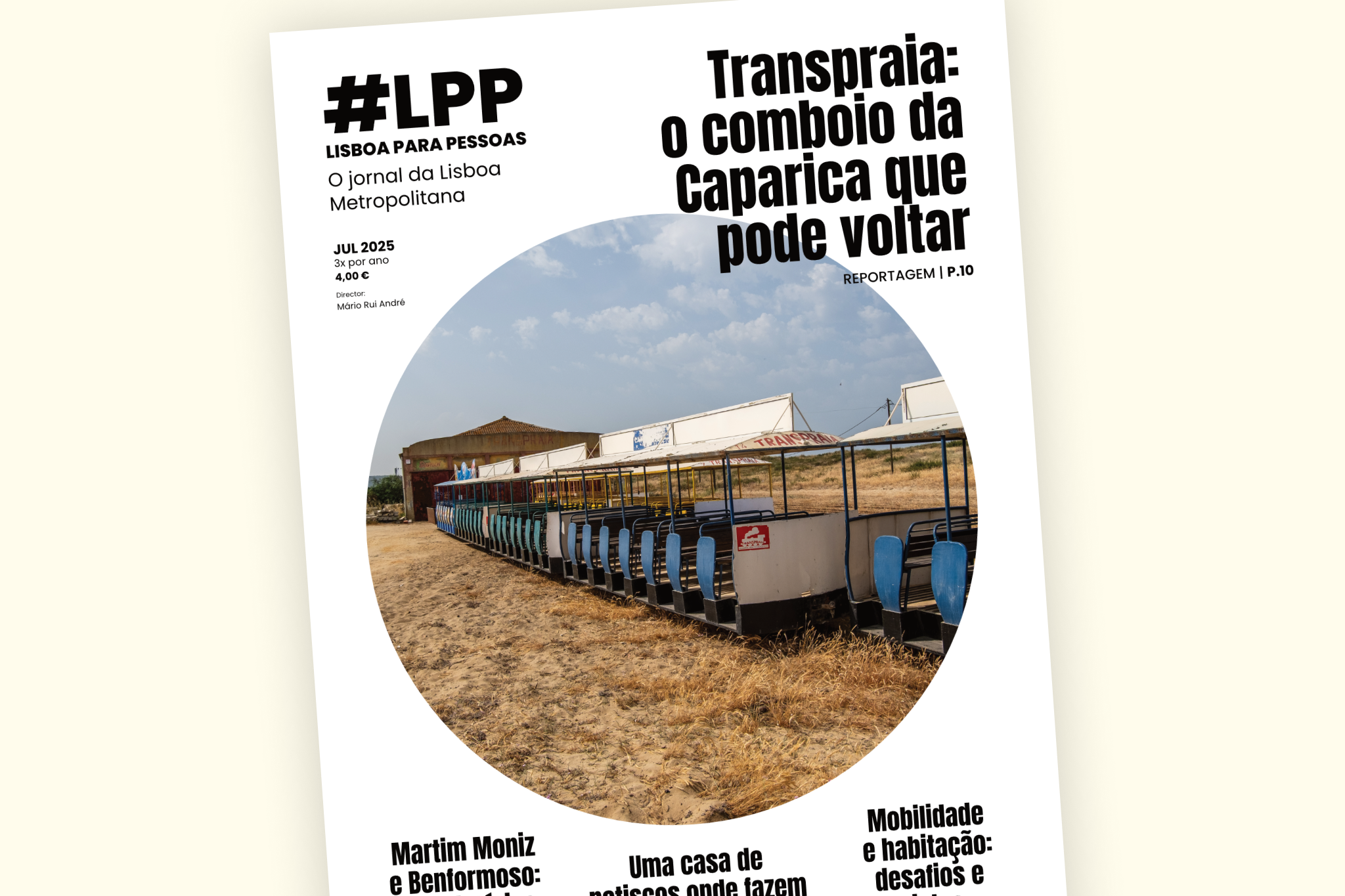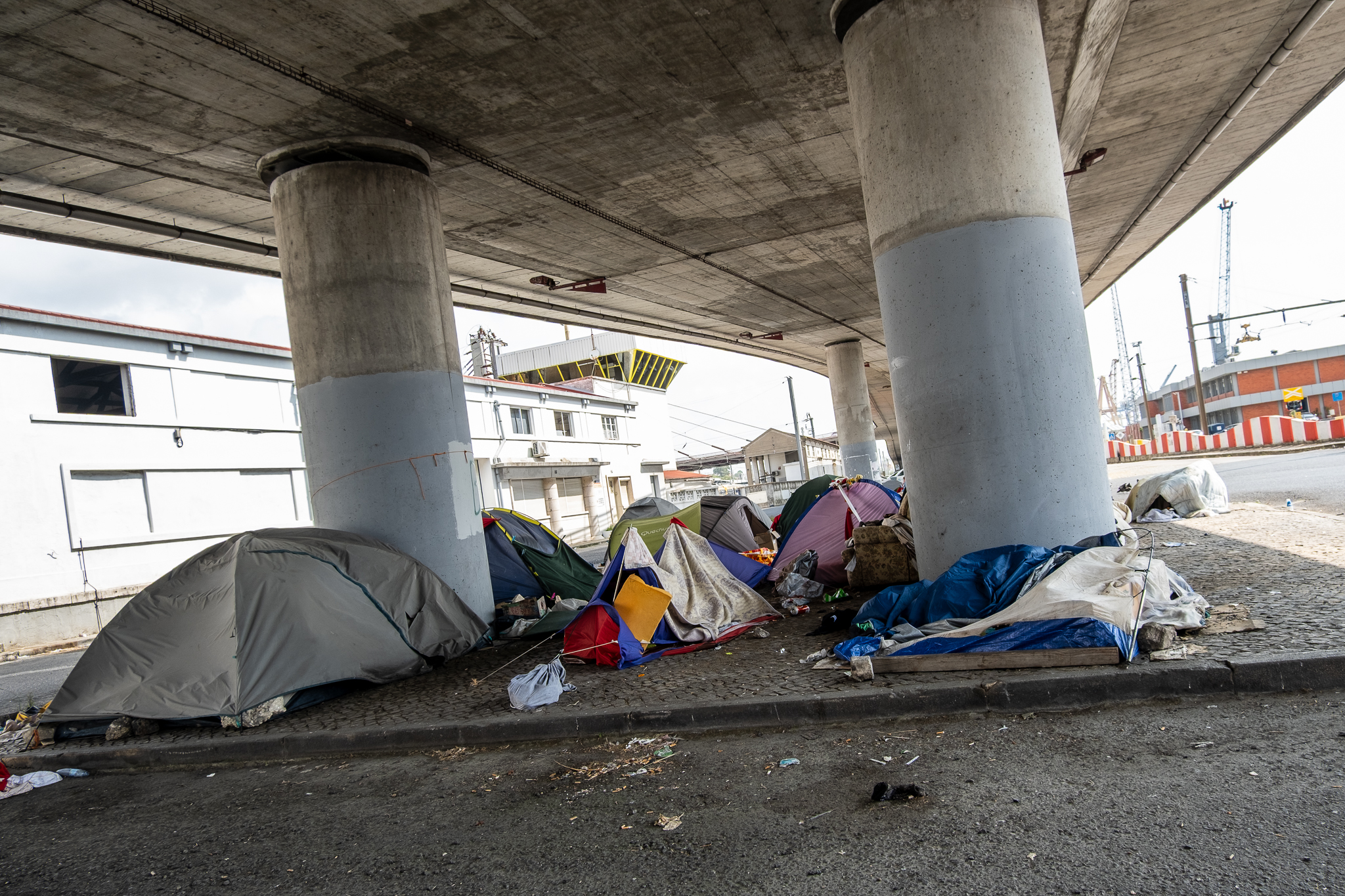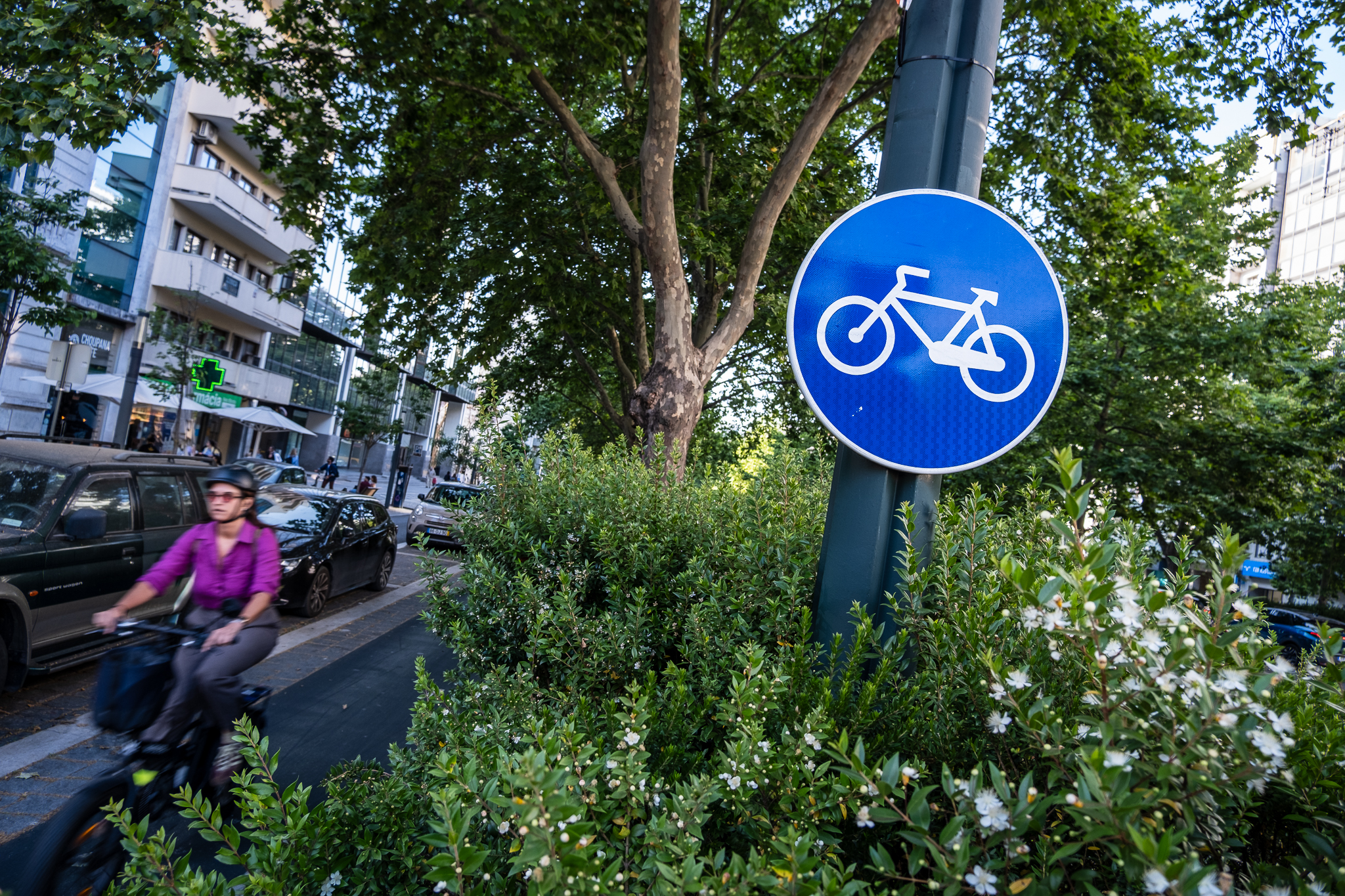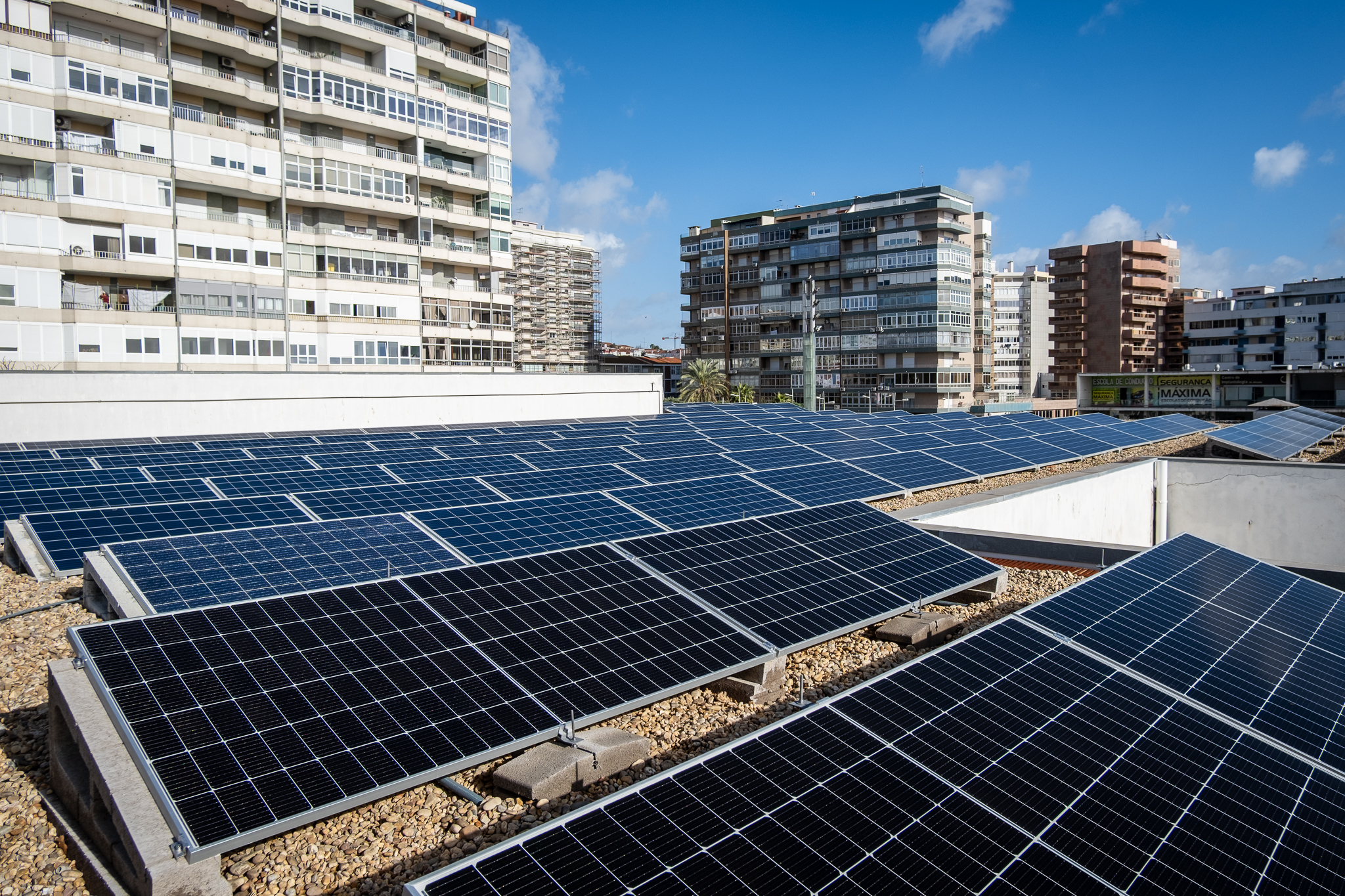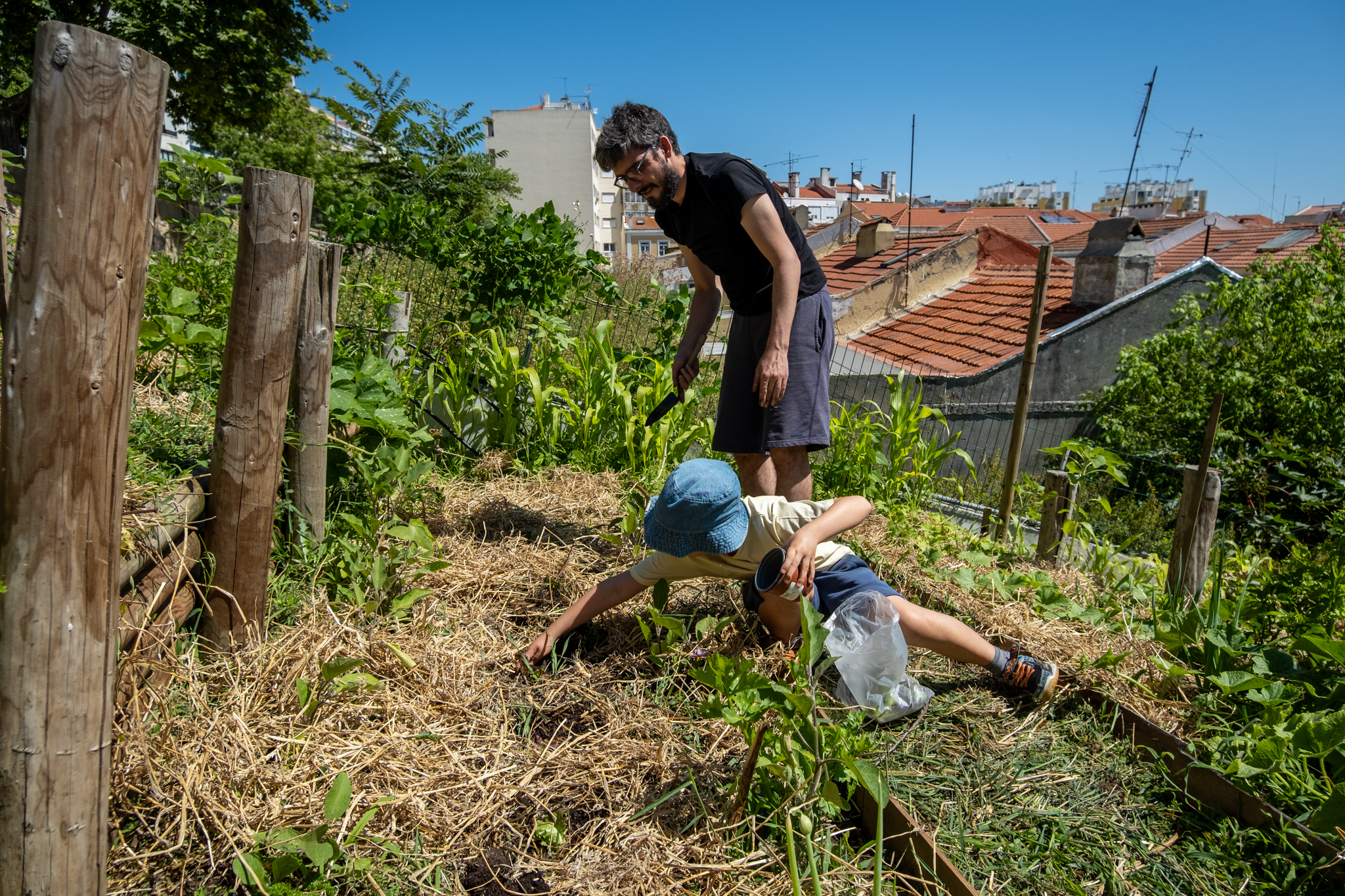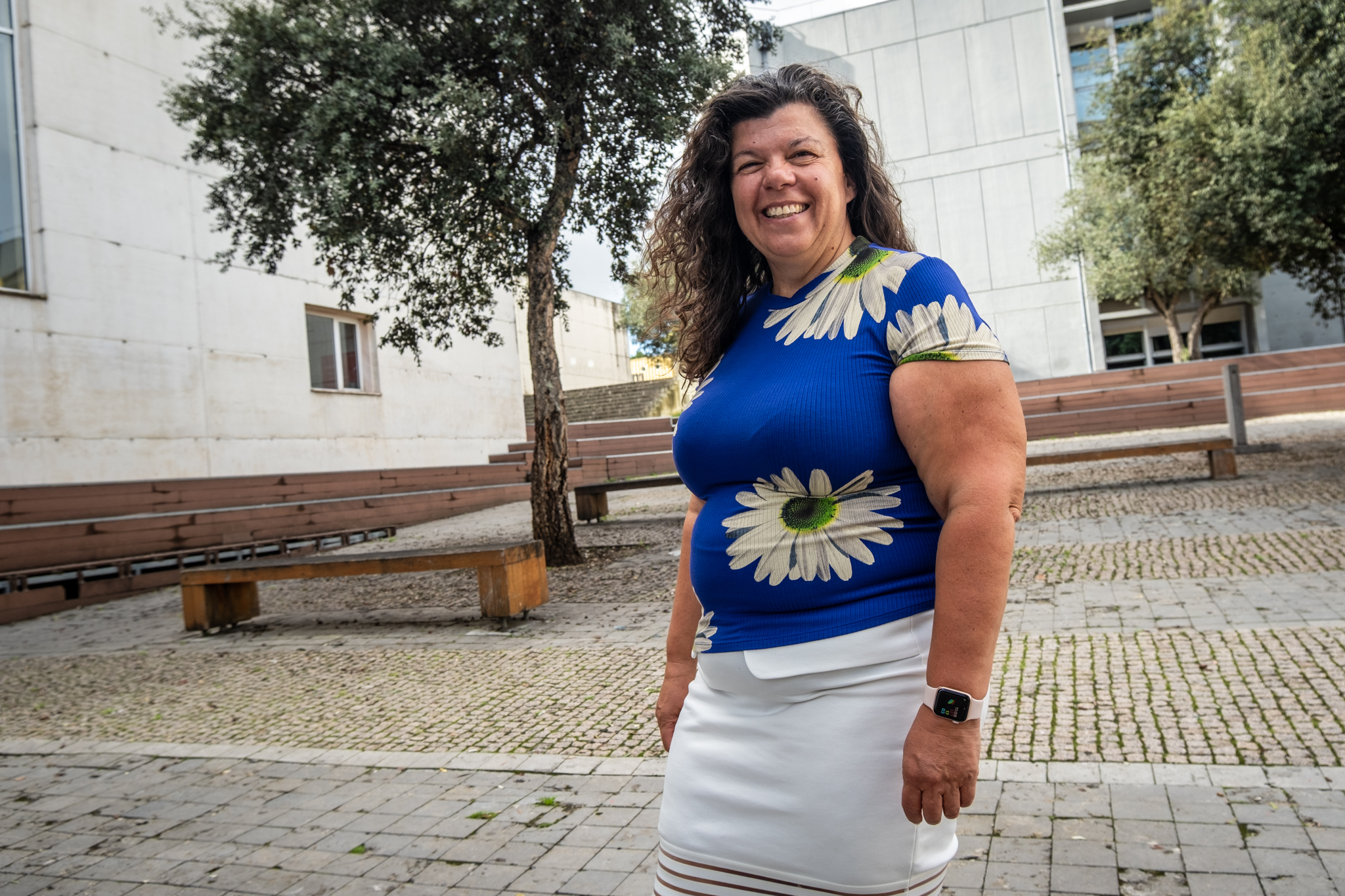
Published two years ago, the National Strategy for Active Cycling Mobility 2020-2030 is running out of resources and is in imminent danger of missing its mid-term targets for 2025, the MUBi - Association for Urban Mobility on Bicycles. "The government urgently needs to create the structures, provide the teams with the necessary resources and invest seriously in active mobility", reads a statement from the association sent to newsrooms.
Fhi published on August 2, 2019 at National Strategy for Active Cycling Mobility (ENMAC) 2020-2030. The Strategy, approved by Resolution of the Council of Ministers, sets ambitious goals for the country. Among them, that the use of the bicycle as a mode of transport in Portugal converges with the average in the rest of Europe and that, by 2030, at least one in ten journeys in Portuguese cities is made by bicycle.
"Achieving these targets requires a major investment and collective effort by the state to bring about a profound transformation of society in terms of urban mobility. There will need to be more than half a million daily bicycle users by the end of the decade"says MUBi.
The association adds that "in a ten-year strategy, two years old today, it is extremely worrying that ENMAC is still lagging behind and progressing at an extremely slow pace", despite pressure from Parliament for the government to prioritize and accelerate the implementation of the Strategy. MUBi says "we are in imminent danger of missing the interim targets for 2025" and accuses the executive of trying to make "omelettes without eggs": "ENMAC urgently needs to have a team of dedicated people - a General Bicycle Office, like in Spain - with its own budget for managing and organizing the Strategy."
"The bodies responsible for implementing its 51 measures must quickly be empowered with the necessary human, technical and financial resources. It also needs the political leadership capable of making it a de facto national strategy, with the various ministries involved, and of creating the structures that allow for real coordination with local authorities"adds the same association.
MUBi reminds us that Spain has earmarked three billion euros from the Recovery and Resilience Plan for active mobilitywhile Portugal booked zero. Over the next five years, the Republic of Ireland has decided to allocate 10% of the state budget for transport to cycling and another 10% to walking. That's 360 million euros a year (one million a day) for active modes, in a country with half the population of Portugal. Ireland will, for example, with 5% of this budget hire 250 technicians to work in the area of active mobility in local administrations and help with the proper implementation of investments.
"The quantifiable socio-economic benefits of current bicycle use in the European Union are estimated at more than 150 billion euros per year. Of these, more than 90 billion euros represent positive externalities on the environment, public health and mobility systems"writes MUBi.


